“For our struggle is not against flesh and blood, but against the rulers, against the authorities, against the powers of this dark world and against the spiritual forces of evil in the heavenly realms.” Ephesians 6:12
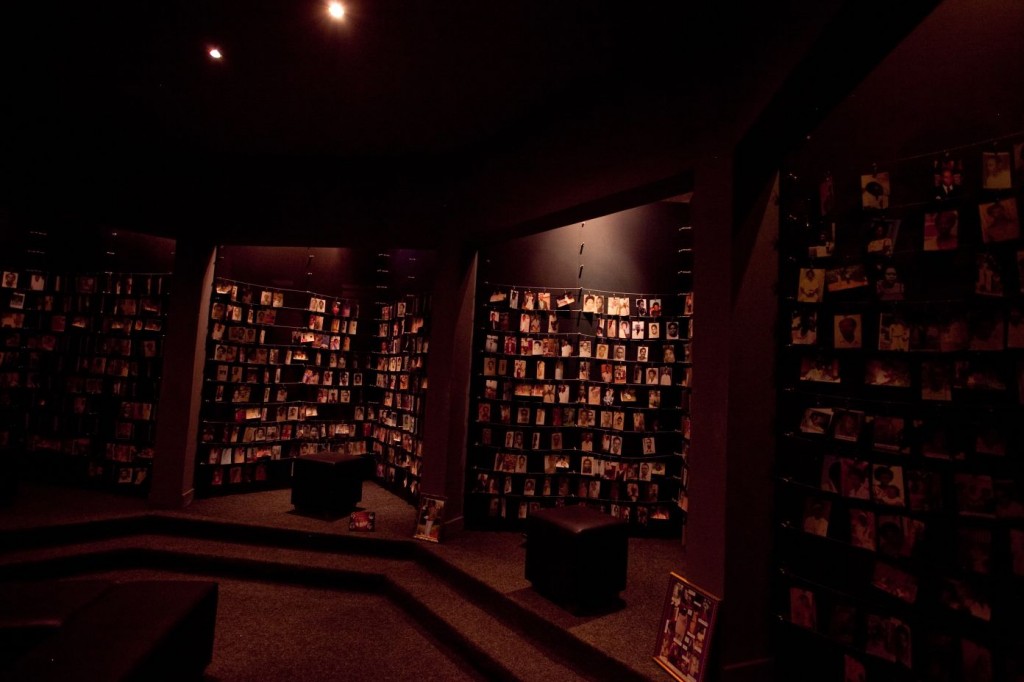
It’s been eight months since I’ve returned home from Rwanda, and one impression from the trip keeps coming back to me: Satan has never felt more real to me than he did in Rwanda. It wasn’t because the people I met seemed evil. On the contrary, it was because they were welcoming and wonderful, and without the influence of Satan, I can’t imagine how 18 years ago, these incredible people could have spent 100 days engaged in a gruesome slaughter of their neighbors, friends, and families. Continue Reading…







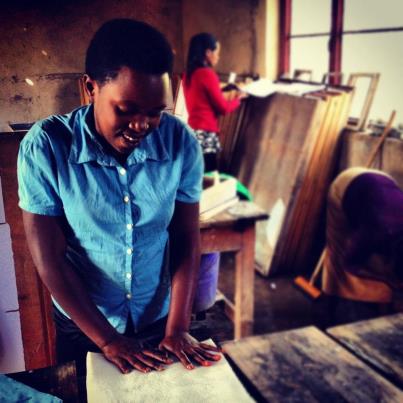 A Rwandan artisan turns recycled paper into designer greeting cards via Cards from Africa. HOPE introduced savings groups to the vibrant young staff—all orphans—of this organization.
A Rwandan artisan turns recycled paper into designer greeting cards via Cards from Africa. HOPE introduced savings groups to the vibrant young staff—all orphans—of this organization.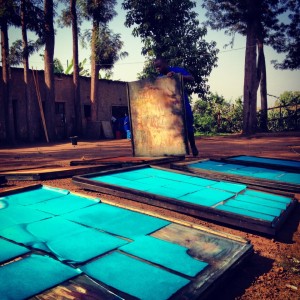 Cards from Africa. After the recycled paper is blended into a pulp, it is dyed and dried under the Rwandan sun.
Cards from Africa. After the recycled paper is blended into a pulp, it is dyed and dried under the Rwandan sun.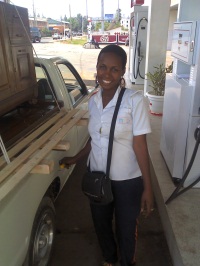 “Hello – My name is Fabia, how are you today?” That is all it took for my wife, Anne, to decide where she would purchase her gas once we had moved to Kigali, Rwanda. Today, we both make a real effort to return and visit Fabia. It is not because of “high performance petrol” but to enjoy and encourage the kind interaction that comes with Fabia’s consistently great customer service.
“Hello – My name is Fabia, how are you today?” That is all it took for my wife, Anne, to decide where she would purchase her gas once we had moved to Kigali, Rwanda. Today, we both make a real effort to return and visit Fabia. It is not because of “high performance petrol” but to enjoy and encourage the kind interaction that comes with Fabia’s consistently great customer service.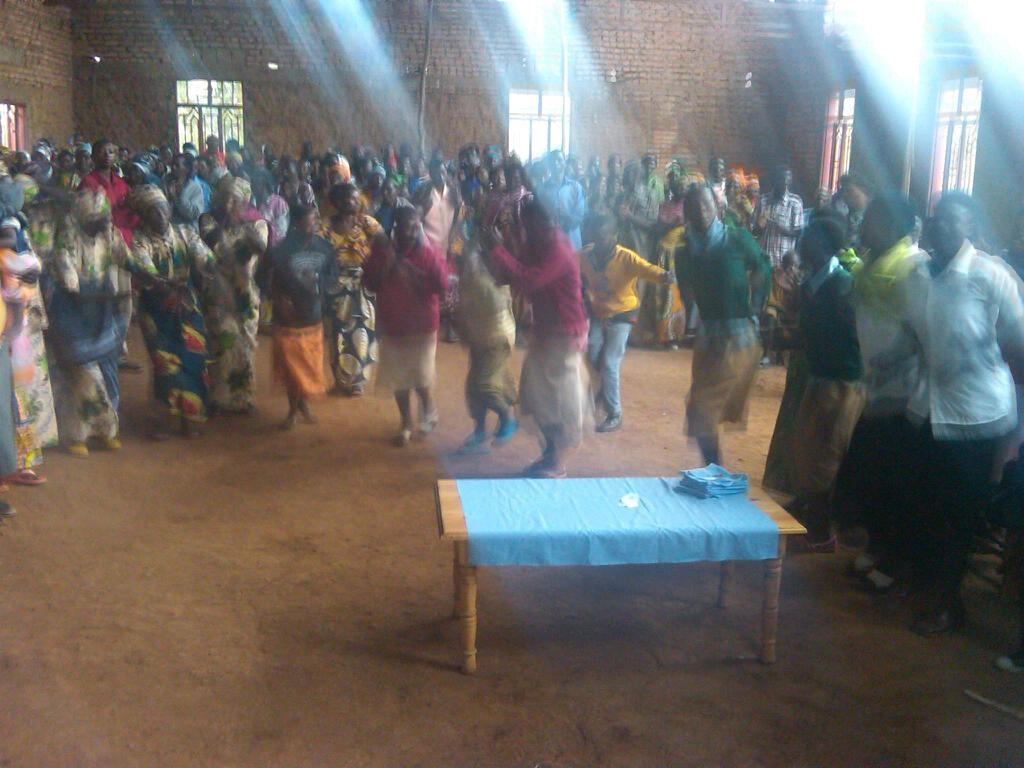 Today was a wonderful day. I had a chance to visit two Anglican parishes where we met with members of our savings groups. One parish was in downtown Kigali, and the other one was about one hour away from downtown. It was so encouraging to meet the group members and hear their stories. It was also a nice opportunity to get to know our staff better. Chris Ordway and I traveled with Marie Jeanne, our lead trainer for our Anglican Church program; Kayira, our field coordinator for the Kigali diocese; and Panina, who is the director of programs for the Anglican Church in Kigali.
Today was a wonderful day. I had a chance to visit two Anglican parishes where we met with members of our savings groups. One parish was in downtown Kigali, and the other one was about one hour away from downtown. It was so encouraging to meet the group members and hear their stories. It was also a nice opportunity to get to know our staff better. Chris Ordway and I traveled with Marie Jeanne, our lead trainer for our Anglican Church program; Kayira, our field coordinator for the Kigali diocese; and Panina, who is the director of programs for the Anglican Church in Kigali. 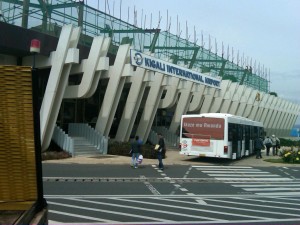 I arrived in Kigali, the capital city of Rwanda, in the mid-afternoon today, after about 24 hours on the move. The flights were amazingly uneventful—praise the Lord!—and I’m excited to be in Rwanda for the first time. This is the home of our largest savings program, a church partnership with the Rwandan Anglican Church, and I will spend most of the next two days in the field watching our savings groups in action. I will also be visiting Urwego Opportunity Bank, one of the largest microfinance institutions in the HOPE network.
I arrived in Kigali, the capital city of Rwanda, in the mid-afternoon today, after about 24 hours on the move. The flights were amazingly uneventful—praise the Lord!—and I’m excited to be in Rwanda for the first time. This is the home of our largest savings program, a church partnership with the Rwandan Anglican Church, and I will spend most of the next two days in the field watching our savings groups in action. I will also be visiting Urwego Opportunity Bank, one of the largest microfinance institutions in the HOPE network. 







